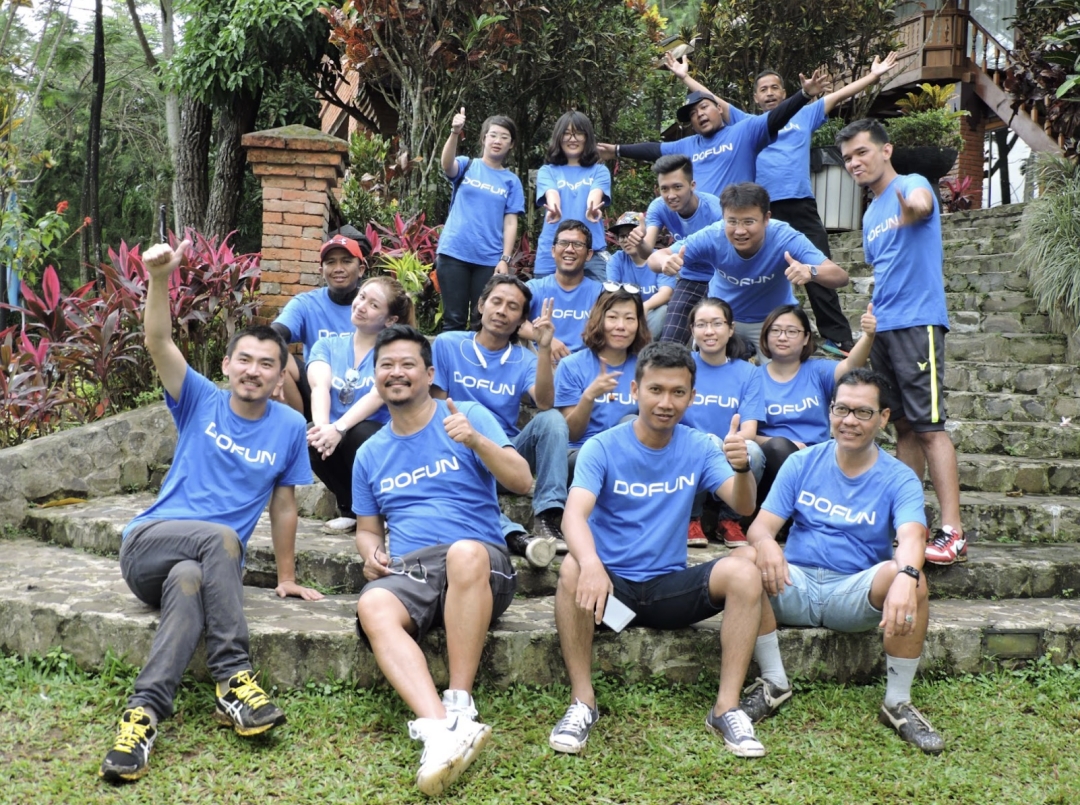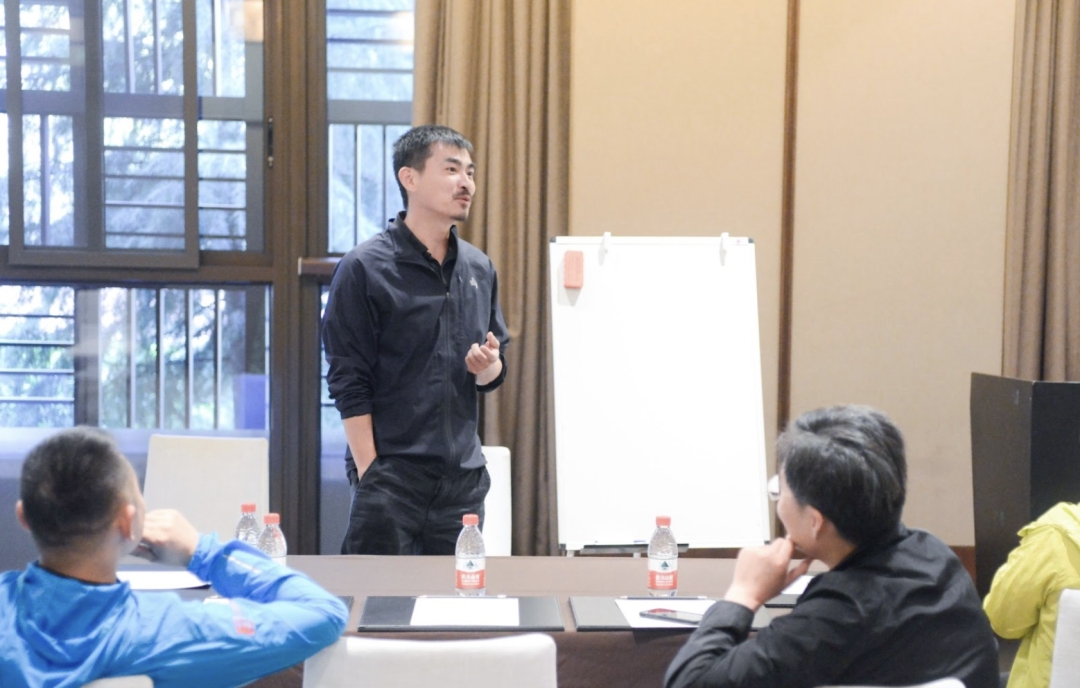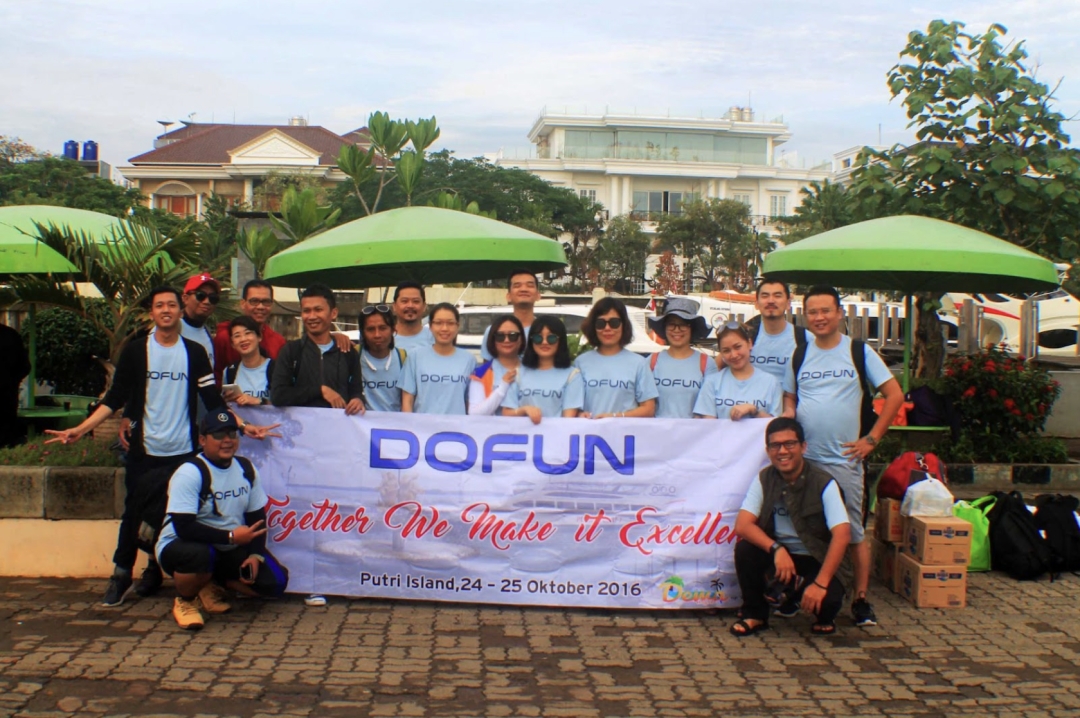Before TikTok went global and before Google Play had total control in Southeast Asia, one Chinese founder quietly rewrote the rules of mobile app distribution — not with code, but with logistics.
Calvin Cai, a former mobile executive at NYSE-listed NQ Mobile, launched Dofun Technology in 2015 with a deceptively simple idea: if many Southeast Asian users couldn’t afford mobile data, and local phone retailers were struggling to add value, why not combine the two problems into one solution?
The result was a bold bet on a hybrid model: offline app distribution via preloaded tools.

The Rise of a Low-Bandwidth Empire
While app developers across the world were focused on app stores, Dofun introduced a compact offline installer device to thousands of smartphone dealers across Indonesia, Vietnam, and Philippines. These dealers — often the last-mile point of sale — were now able to preload apps directly into phones before handing them to customers, saving consumers data charges and earning themselves commissions.
“It wasn’t just about technology,” Cai explains. “It was about understanding behavior — how people access the internet in low-bandwidth environments, and how trust is built at the local level.”
Within a year, Dofun achieved over 6 million preloads, making it the largest app pre-installation player in the region. The company signed major advertising deals with ByteDance, Shopee, Cheetah Mobile, and Baidu, helping Chinese and local brands gain instant mobile presence in emerging markets.
The Hidden Infrastructure of App Monetization
At the heart of Dofun’s growth was what Cai calls the “shadow rail” of mobile: the infrastructure no one talks about, but everyone relies on.
Dofun built a vast ecosystem of over 200+ distribution partners and 500+ ad networks, acting as a bridge between global advertisers, OEM phone makers, and last-mile retailers.
“We weren’t building flashy front-ends,” Cai says. “We were wiring the pipes of the mobile economy — in places where pipes didn’t exist.”
He also launched monetization apps like Cashify, which rewarded users for completing ad tasks, and built regional lending apps like Pinjiamee in Indonesia, earning a regulated license to operate in the P2P space.
Dofun’s innovations helped shape how mobile content reached tens of millions of users in emerging markets, long before TikTok and e-commerce giants saturated the region.

Leadership Across Borders
With a footprint across China, Indonesia, and the Philippines, Cai scaled his international team to over 130 employees — building what one investor called “a culturally fluent company that understands scale and scrappiness equally.”
He presented Dofun at the Global Mobile Internet Conference (GMIC) in 2017, becoming one of the earliest Chinese tech founders to bring frontier-market distribution to a global stage.

Legacy and Lessons
Though Dofun later evolved and Cai transitioned to other industries (including Agri-FinTech and AgTech), his early work in mobile distribution set the tone for how platforms and products can be localized beyond app stores.
“If you want to grow in markets like Southeast Asia, you have to work with friction, not around it,” Cai reflects. “You build channels, not just clicks.”
Today, as he leads Huida Tech’s U.S. expansion in precision agriculture, Cai’s earlier lessons in distribution, localization, and partnerships remain deeply relevant.
In a world where digital infrastructure often feels invisible, Cai’s early bet reminds us that the future is not just in apps — but in the hands that deliver them.
Media Contact
Company Name: Asian Creative Foundation
Contact Person: Jemma Wu
Email: Send Email
City: New York
State: New York
Country: United States
Website: www.asiancreativefoundation.org
